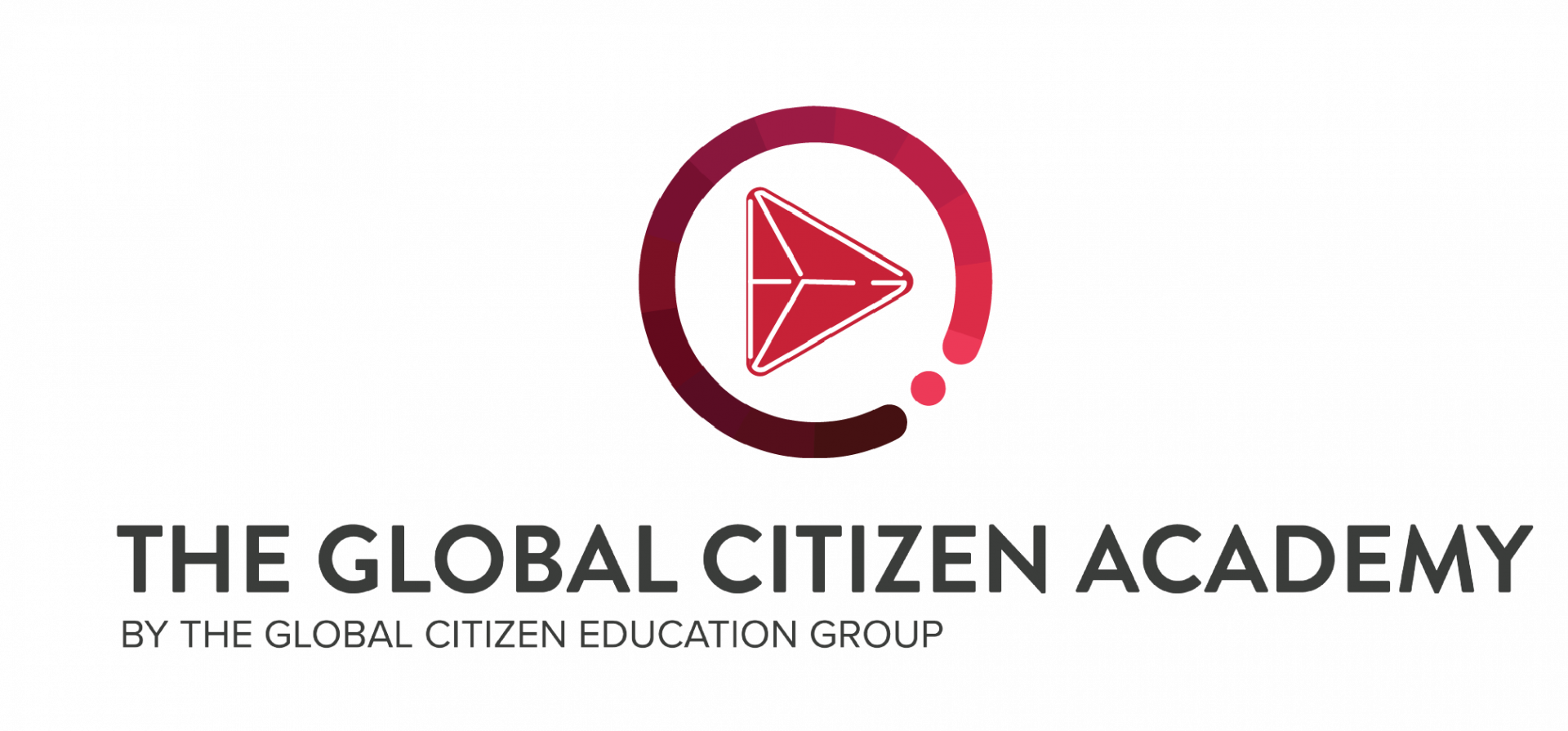What to Do Before a MUN Conference?
Explained: what do you do before a conference?
It’s the week of the conference, and you still have nothing prepared. It’s your first time, and yet still nobody’s briefed you on what to do. How could you possibly pull off being Costa Rican in a week? Fret not, as this guide will try and walk you through the key things you will need to survive your first MUN conference.
Do your research. (and write your position paper)
This should be obvious! Good delegates aim to accurately represent the stance of your country, while balancing the national interests of other countries, rival or allied, to reach a reasonable consensus. Logically, the foundation of this is knowing the facts. Before the conference, make sure to be familiar with details regarding the issue--and these don’t just mean statistics! Although specific information is, of course, important, perhaps more relevant is comprehensively understanding the roots of the problem, and knowing how to improve already existing solutions to the problem at hand, considering how countries with differing stakes in your issue will approach solutions differently. After all, MUN is a platform for problem-solving, not trivia, and becoming familiar with opposing as well as your country’s perspectives will help you get there much more easily.
By writing a strong position paper (see more on position papers) you should already be halfway to the finish line-- as through the process of writing you come to be familiar with your own countries’ interests, as well as their stance, from their past actions to their current involvement. Of course, this sets you up for good defense throughout the conference, but more importantly, it allows you to gain a greater insight into how to achieve consensus with the rest of the committee now that you have researched the challenges that you and your allies have already faced.
To facilitate your research, you can create an organized MUN folder, where you can collect relevant articles to your solutions, highlighting relevant portions of information as you go.
Check your facts, and know your allies.
When it comes to research, it also is important to take into account the reliability and inherent biases that lie in sources. For example, government websites may have other underlying objectives, such as political agendas that may affect the objectivity of their information provided or portrayed. These will be useful for crafting your position paper, which will need to accurately reflect your country’s stance, but during debate, corroboration (cross-checking) with your other sources is a useful tool for determining which facts are the most credible to use in debate.
In addition, while researching, it will also be useful to find the countries that either are traditionally allied with your country, or hold similar views on the issues you are interested in, as understanding their issues will not only aid you in forming blocs during the conference, but also generate solutions more likely to be adopted.
Come with resolution ideas.
After finishing your research, formulate some of your own solutions that you can propose by the time of the conference. You will, after all, be part of crafting a resolution, and although you don’t need to necessarily have completed a resolution prior to the conference, having ideas pre-concieved (or even clauses) will ensure that you will be able to effectively contribute to not only lobbying, but also the debate itself. Of course, at the conference, be open to suggestions and leave room for negotiation.
Come with a charged laptop! (Or at least, make sure to bring your charger)
Especially in THIMUN-styled conferences, the first day tends to be full of lobbying and resolution building. Most delegates will be using tools like Google Docs to collaborate, and naturally, this makes having a functional laptop on the day important to put in your two cents. How else would you collaborate with your delegates? If you’ve prepared clauses in advance, this will help you even more as you can immediately copy and paste your clause into the resolution. Furthermore, laptops are also more useful than phones at undertaking additional fact-checks and research, and results can be immediately incorporated into your resolution drafts and folders to print for the next day. Come prepared!
Write and print your opening speech.
Many conferences require all delegates to present an opening speech, and it will be the best opportunity to assert your presence early in the conference. Unlike the other speeches that you will be giving later, the opening speech will be probably the only speech that will be predetermined, not subject to variables, which means that you can fully utilize as much time as you want to prepare and finetune it-- so make sure to practice it over and over until you feel comfortable with your speech! Practice in front of a mirror, checking for your body language. Stand shoulder-width apart, and make sure to speak at a steady, comfortable pace, making sure not to be too fast. If it helps, you can even simulate the situation itself-- practice the walk up to the podium as you’re called, making sure to stride confidently.
Your opening speech is the best opportunity to make a strong first impression -- outline your country’s stance and establish the attitude that you as a delegate will be taking (diplomatic? aggressive?) to the rest of your house. Finally to be safe, print out your speech as some conferences disallow electronic devices during debate-- you never want bad surprises to happen. For more details, see this page for more tips on crafting that perfect opening speech.
In short: don’t panic! Pushing yourself outside of your comfort zone is always a challenge -- but with due preparation (and some courage), your first conference will surely be a fun experience, and hopefully the start to a fruitful journey with MUN. Good luck!
Image Source: Pexels

